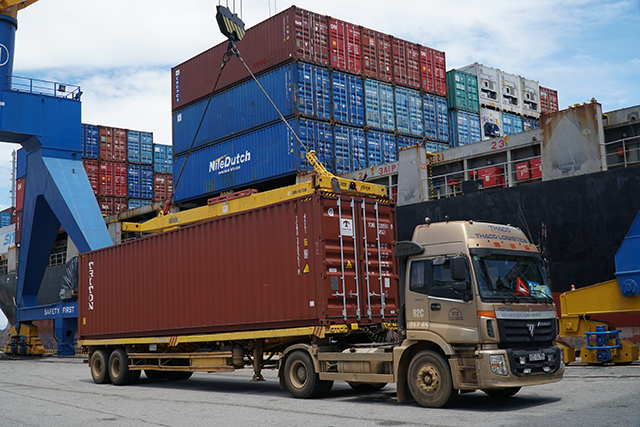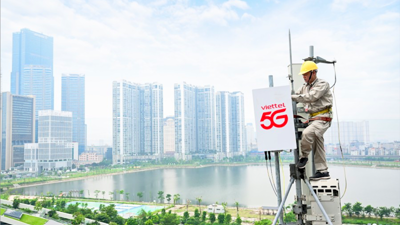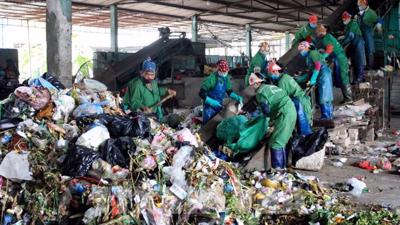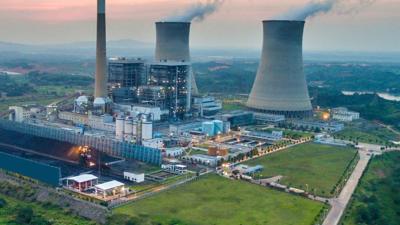Improved policies needed for logistics development
Accessing Vietnam’s potential in logistics requires new thinking on the policy front.

The development of logistics in Vietnam holds many advantages but harnessing its potential requires a synchronous development policy, from attracting investment to improving infrastructure and administrative procedures.
According to research conducted last year by the Ministry of Industry and Trade (MoIT), the operational capacity index of the logistics industry increased to 3.34 points compared to 3.27 points in 2018. Vietnam is in the Top 10 emerging logistics markets and posting relatively high growth of 14-16 per cent a year.
The local market offers suitable conditions for the logistics industry to develop, such as rapid post-pandemic recovery, Vietnam being party to a number of free trade agreements, high growth in e-commerce, and due regard from authorities.
Limitations, however, remain. According to Mr. Tran Thanh Hai, Deputy Director General of the Agency of Foreign Trade under MoIT, the number of logistics providers has grown rapidly but their quality and scale is still low and difficulties abound.
Since most Vietnamese logistics enterprises are of small and medium-size, there is an ongoing need to cooperate with foreign counterparts. To ensure successful cooperation, State management agencies need to provide specific guidance on administrative procedures.
E-commerce is developing strongly, resulting in growing cross-border transport, so procedures relating to such matters must be more convenient.
To attract more FDI into Vietnam’s logistics industry, it is necessary to loosen the foreign ownership ratio, according to Mr. Kim Sam Mo, General Director of Kukdong Logistics and President of the Korea Logistics Association in Vietnam.
He also suggested that Vietnam standardize its logistics infrastructure services by applying standardized freight rates and unifying the road toll system. It also needs to form an electronic data exchange system.
Mr. Kim also noted that Vietnamese policymakers could consider a new policy on transport costs.







![[Interactive]: Economic overview - April 2025](https://media.vneconomy.vn/400x225/images/upload/2025/05/06/5a245778-67b1-4874-a8dc-21f8cfed62a6.png)